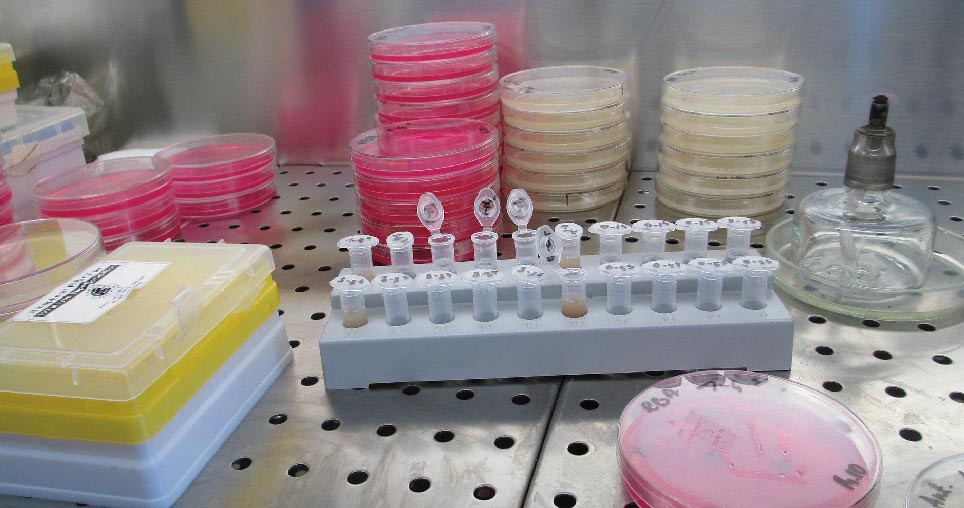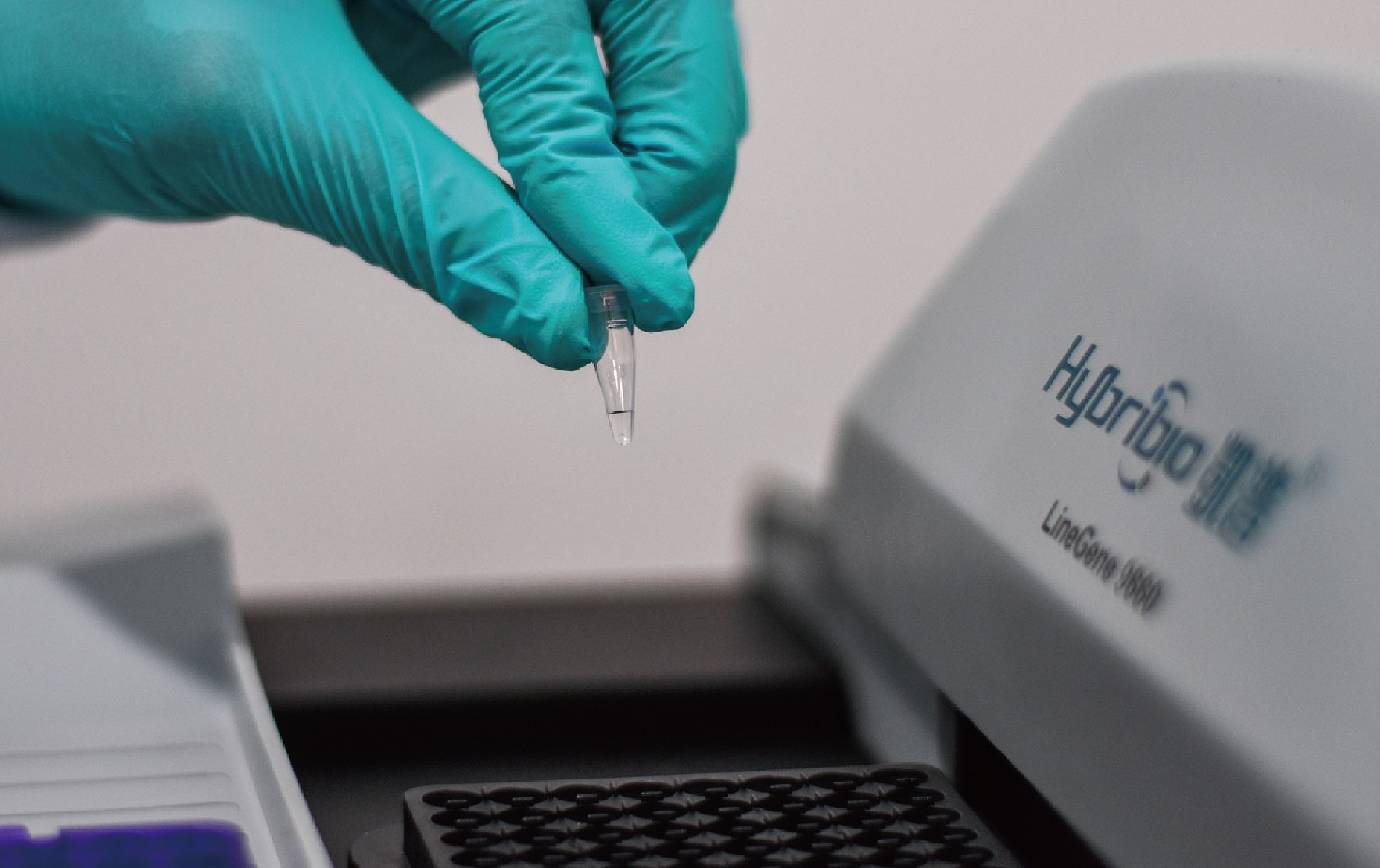TRICINE handling tips that you must know

Precautions for use of TRICINE
TRICINE can combine with hydroxyl radicals, and form formaldehyde in the reaction process. Additionally, when using TRICINE in the presence of an enzyme with oxidase activity, It can form tricine nitroxide radicals. It is worth noticing, TRICINE is not appropriate to use with the Bicinchoninic Acid (BCA) Assay.
The advantage of TRICINE
Compare with other buffers, During SDS-PAGE, TRICINE is constantly instead of glycine in the Laemmli buffer to separate small peptides. TRICINE was also confirmed to allow more light production from firefly luciferase in the presence of ATP.
Further reading:Why use TRICINE Buffer
Why choose HOPAX TRICINE
As a professional biological buffer manufacturer, HOPAX produces high-quality TRICINE and provides special testing services, such as bioburden, endotoxin, heavy metals, and DNase/RNase/protease activity testing, etc., as per your applications. In addition, we also offer a variety of packaging options. In any case, HOPAX is absolutely the best choice for your purchase of TRICINE!
Please contact us for the high-quality TRICINE!
References:
[1]User Guide for GoldBio Buffers
YOU MIGHT ALSO LIKE
-
Biological Buffers
 Why use TRICINE Buffer
2020.09.30
TRICINE is widely used in cell culture and electrophoresis study. As a buffer for cell culture studies, TRICINE has the ability to inhibit the unintended growth of ...
Why use TRICINE Buffer
2020.09.30
TRICINE is widely used in cell culture and electrophoresis study. As a buffer for cell culture studies, TRICINE has the ability to inhibit the unintended growth of ...
-
Biological Buffers
 Why use PIPES Buffer
2020.06.08
According to the relevant literature...PIPES Buffer is widely used in cell culture, chromatography, cosmetics, diagnostic tests...
Why use PIPES Buffer
2020.06.08
According to the relevant literature...PIPES Buffer is widely used in cell culture, chromatography, cosmetics, diagnostic tests...
-
Biological Buffers
 Why use MOPS?
2020.03.12
According to the relevant research literatures, unknown yellowish substances will be produced as degradation products when sterilizing MOPS via autoclaving...
Why use MOPS?
2020.03.12
According to the relevant research literatures, unknown yellowish substances will be produced as degradation products when sterilizing MOPS via autoclaving...
-
Biological Buffers
 Why use CHAPS?
2020.02.24
Some studies indicate that compared to NP-40 and Triton X-100, CHAPS can gently and effectively break the nuclear membrane, solubilize the membrane proteins and destruct the protein-protein interactions (PPIs).
Why use CHAPS?
2020.02.24
Some studies indicate that compared to NP-40 and Triton X-100, CHAPS can gently and effectively break the nuclear membrane, solubilize the membrane proteins and destruct the protein-protein interactions (PPIs).
-
Biological Buffers
 Why use HEPES?
2019.10.07
Compared with other buffers such as PBS (phosphate buffered saline) and TRIS, HEPES has higher stability in maintaining the pH values of the cell culture media, that’s also the reason why HEPES is widely used in cell culture
Why use HEPES?
2019.10.07
Compared with other buffers such as PBS (phosphate buffered saline) and TRIS, HEPES has higher stability in maintaining the pH values of the cell culture media, that’s also the reason why HEPES is widely used in cell culture
-
Biological Buffers
445X280.png) HEPES handling and storage tips that you must know
2019.10.03
HEPES powder is resistant to high temperatures with its melting point reaching 200℃, thus, it will not get degraded by autoclaving. ...
HEPES handling and storage tips that you must know
2019.10.03
HEPES powder is resistant to high temperatures with its melting point reaching 200℃, thus, it will not get degraded by autoclaving. ...